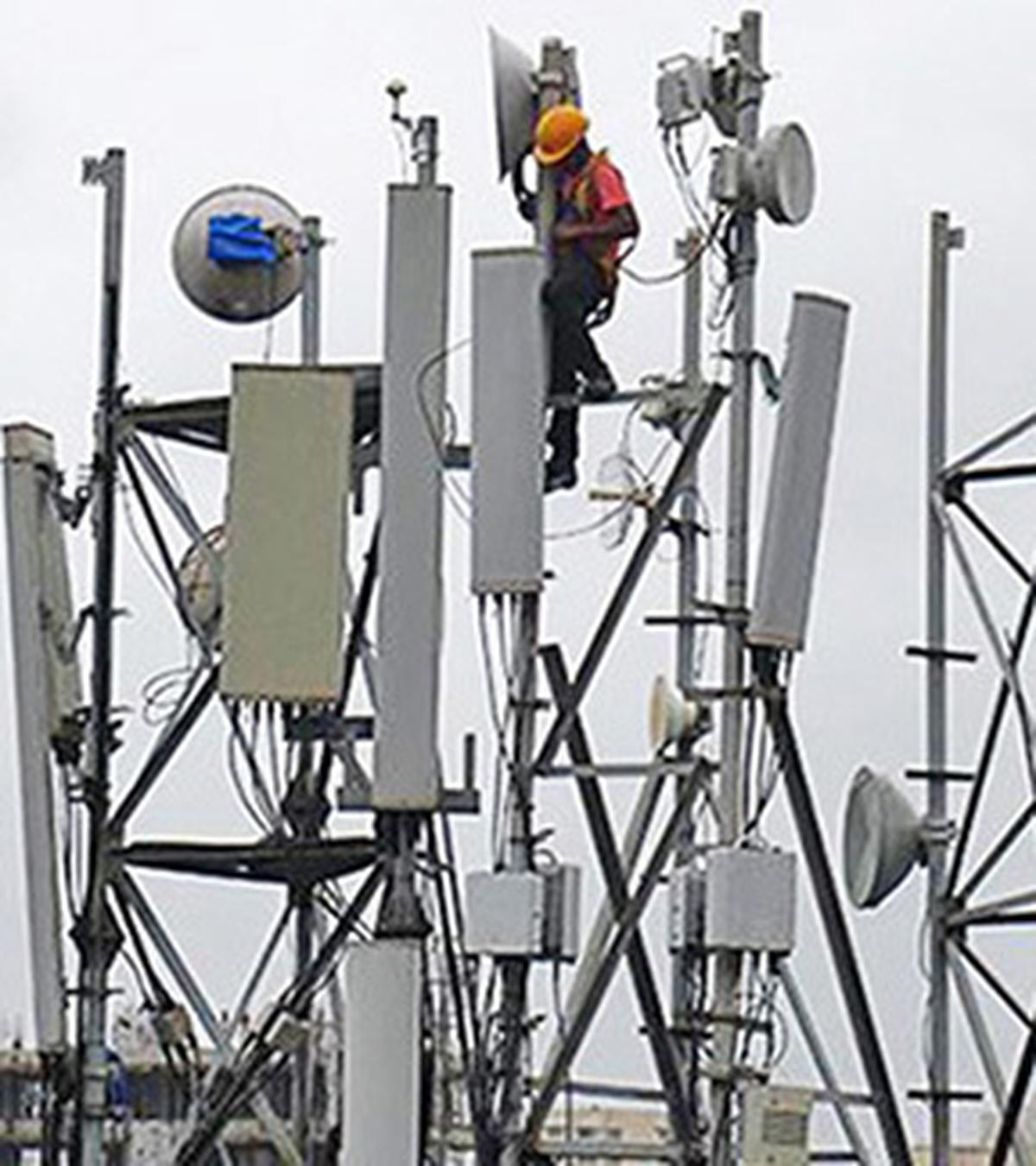5G rollout to be faster in India, gears from neighbouring countries need more checks: Nokia India official

India is going to witness the fastest rollout of 5G which will be at least three times faster than what we have seen in 4G, says Nokia India Head of Marketing and Corporate Affairs Amit Marwah.
| Photo Credit: PRASHANT NAKWE
India is going to record the fastest 5G rollout in the world and it is going to have the biggest success of the next -generation telecom service with the support of the government, a senior Nokia India official said.
While speaking at an event organised by the Foreign Correspondent Club on Friday evening, Nokia India Head of Marketing and Corporate Affairs, Amit Marwah, without naming China expressed concern over ‘infiltration equipment’ in telecom sector from neighbouring countries.
“We (India) are not late, we are at the right time. In the rest of the country compared to other countries where the ecosystem has to develop. We have a 5G-ready ecosystem. We have 10% of smartphones in India which are 5G ready. India is going to witness the fastest rollout of 5G which will be at least three times faster than what we have seen in 4G,” Mr. Marwah said.
The 5G services will progressively cover the entire country over the next couple of years — Jio promises to do that by December 2023 and Bharti Airtel by March 2024.
Mr. Marwah said telecom manufacturing is becoming robust in India backed by the production-linked incentive (PLI) scheme.
“We were part of PLI 1.0. We were one of the only companies that met and exceeded our target of PLI 1.0. We let go-off that scheme and let go-off the incentive of one year because PLI 2.0 was even more interesting. Volumes and scale in India are increasing so much that you have let go for one year. We re-applied for PLI f2.0 and today we are part of PLI 2.0 which means we are investing more, adding more lines and adding more products,” he said.
The PLI scheme offers up to 20 times incentive on incremental sales of telecom gears made in India. The government has added additional incentives for designing products in India in the second version of the PLI scheme.
Very positive note
Mr. Marwah said that manufacturing is on a very positive note in India across the sectors but definitely in telecom.
“The only challenge right now is the availability of fabs which are semiconductors. 60-80% of what we manufacture requires semiconductors. That is the area where we still need to work on. There is still some kind of infiltration of equipment in telecom from neighbouring countries which need to have a little more vigilance and kind of stopping at the customs,” Mr. Marwah said.
Department of Telecom, Deputy Director General (Policy) Y.G.S.C. Kishore Babu said that the 5G adoption and applications are expected to be more diverse in India compared to other countries.
“However, most of the use cases across the world remind us we may have to innovate to meet most of the requirements in the coming months and years,” Babu said.
Tech Mahindra, Chief Strategy Officer and Head of Growth, Jagdish Mitra said 5G is the biggest opportunity in technology so far, for India to bridge what we have typically referred to as Bharat and India.
“We have 62% of our workforce in the agriculture sector, and 5G presents us with a huge opportunity to convert that into the most profitable segment. We can enable high yields by producing smarter networks and delivering products to the farmers,” Mr. Mitra said.
Telecom Sector Skill Council, CEO, Arvind Bali said close to 25 lakh people need to be reskilled and up-skilled in the field of telecom in the next few years because there is a shift from 4G to 5G.
“We need to have at least one lakh technicians and engineers, in the next few years, who have been trained specifically on 5G courses for the new job requirements and we at TSSC are setting up Centres of Excellence and training labs with the help of the industry. 5G is going to open up big requirements for a talented workforce and we are training the youth in new-age technologies,” Bali said.
He said that TSSC is also developing all the curriculum and the digital content for training people to meet the industry requirement.
For all the latest business News Click Here

